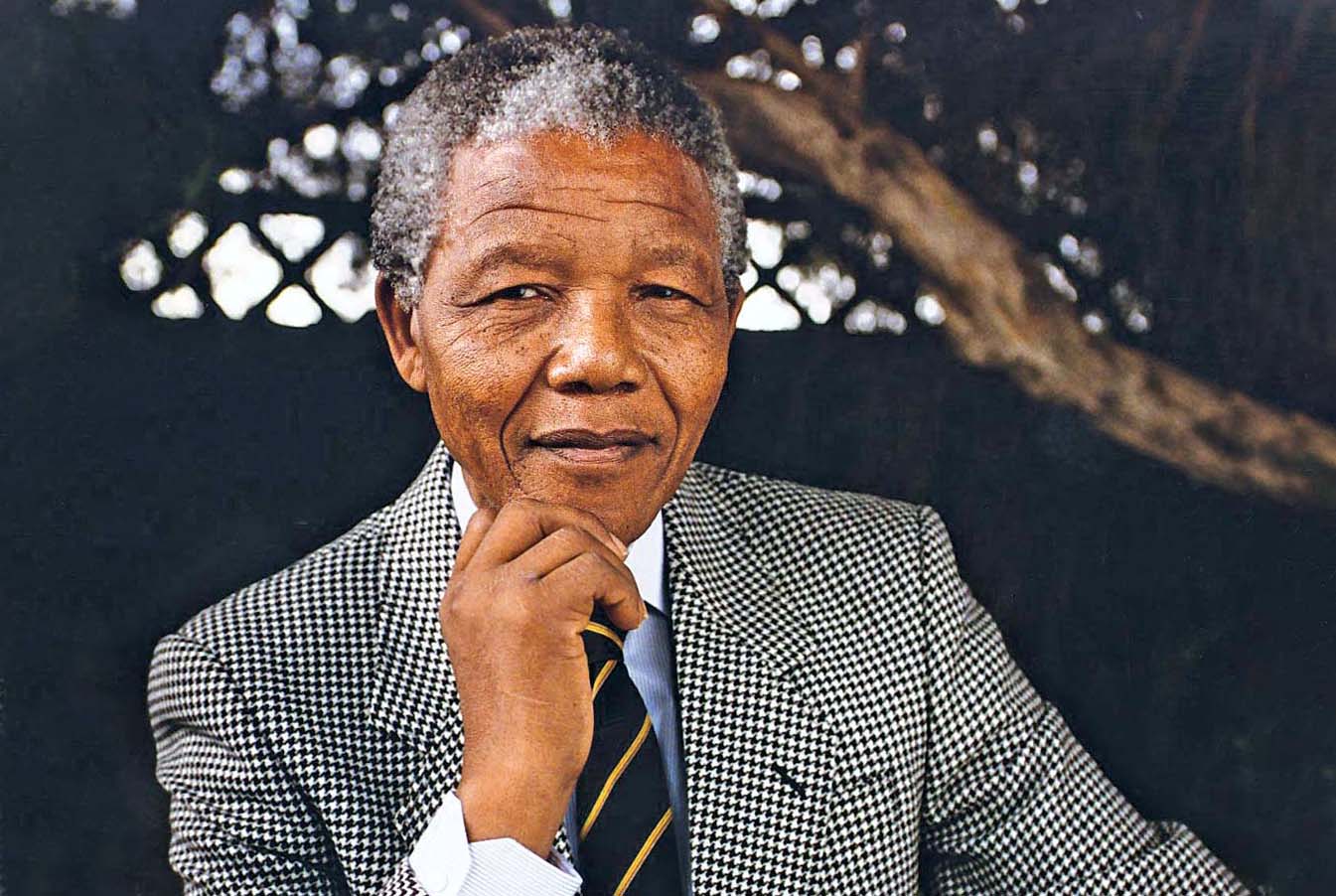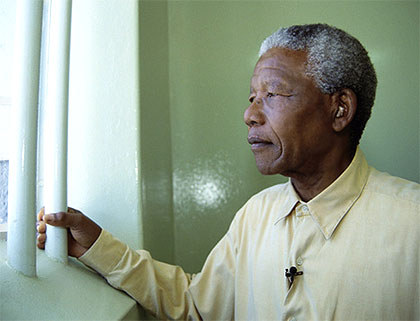Nelson Mandela: World Leader
One of the most complete, charismatic, upright, and prolific world leaders of the 20th century, was Nelson Rolihlahla Mandela, a vital figure for the radical change of his nation, South Africa, who was born in the Transkei region in 1918, the son of a tribal chief of the Madiba clan (the nickname that the leader later receives), whom he loses in his childhood and after learning the details of their culture he moves to the great city of Johannesburg, he meets Walter Sisulu, a friend who influences his political ideas of African socialism, his career as a Lawyer and his entry into the African National Congress, an organization that fights against the oppression of black people in that country and a subsequent segregationist apartheid system of institutional racism.
Although at the beginning the aforementioned organization uses non-violent methods in the style of Gandhi, which already led to Mandela demonstrating and being arrested in the 1950s, then the massacres and injustices of the Afrikaner regime (descendants of the Dutch Boers who colonized the country) raise the spirits and he goes on to lead the so-called Lanza de la Nación, the armed wing of the organization, with attacks and boycotts of strategic government properties, not people, raising funds for that purpose.He was arrested in 1963 and after a flawed process, he was sentenced to life imprisonment and spent twenty-seven years imprisoned in iniquitous and cruel conditions that failed to make him surrender and give in to treason offers, or stop being the captain of his soul, as his favorite book indicates, but he transforms and manages to mature in wisdom, a spirit of peace and reconciliation of his people, a vision of the nation and the future.
At the beginning of the 1990s, international pressure, Mandela's legendary symbol of the lack of freedom of his people, and the new winds of geopolitics caused President De Klerk to legalize the African National Congress and begin to dismantle apartheid, freeing Madiba to be his partner in the South African transition to a democratic system with all races with a complex negotiation that against prognoses and conflicting opinions of leaders of both parties, such as the leader and wife of our leader, Winnie Mandela, manages to materialize and in 1993 he awarded the Nobel Peace Prize to both leaders, and in 1994 he made Mandela the first black President in the history of his country.
Nelson Mandela initiates a historical socio-political feat striving for a nation for all South Africans, integrating the most radical positions, even supporting white figures such as the rugby team that wins a world cup, raises an extensive human development plan for the vast majority of Discriminated and poor blacks, great economic investment in their many needs and the country's potential, forges a new inclusive Constitution and unites their country under a single flag, with international and global recognition.He leads with Archbishop Desmond Tutu the Truth and Reconciliation Commission that concludes with a report on the abuses of the white governments, but also of the black radical groups, which he endorses and supports.
He is not re-elected to his position and hands down the leadership to Thabo Mbeki, his successor in 1999, with nobility, going into retirement with some health problems, but he continues to be recognized, as in the 2010 World Cup and the great celebration of his last birthday in 2013, the year in which one of the human beings who left an indelible mark on his nation dies, which will last for generations and will be an example to the world in the fight for its ideals, maintaining its integrity.
Bibliographies:
Fernández, T. (2004). Nelson Mandela. Biografías y Vidas. Retrieved October 19, 2021, from https://www.biografiasyvidas.com/biografia/m/mandela.html



Comments
Post a Comment